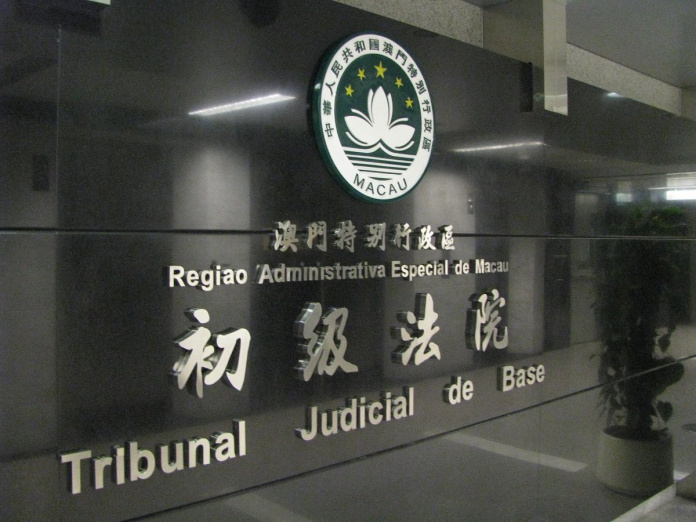A longstanding legal battle between U.S. gaming giant Las Vegas Sands Corp (LVS) and Asian American Entertainment Corp Ltd (AAEC) has reached a partial conclusion, with the Court of First Instance ruling in favour of LVS.
According to gaming news platform GGRAsia, a judgement to dismiss AAEC’s claims was issued by the Court of First Instance on April 28 but has yet to be public into the court’s online website, a ruling also confirmed by Macau News Agency.
AAEC — which is headed by Taiwan businessman Marshall Hao — was seeking compensation of at least US$7.5 billion (MOP60 billion) plus extra from the three affiliates of the U.S. gaming company for “maliciously” breaching their partnership in a bid for a Macau gaming licence two decades ago.
LVS, which had worked with AAEC in the beginning, later partnered with an affiliate of Galaxy Entertainment Group to successfully win a Macau gaming concession in 2002.
The LVS vs AAEC lawsuit was launched in the U.S. in 2007 but it was later dismissed due to the statute of limitations and procedural reasons, before lodging in Macau in 2012.
AAEC was represented by lawyer Jorge Menezes in the Macau case, while LVS and its three affiliates — namely, LVS (Nevada) International Holding Inc; Las Vegas Sands LLC; and Venetian Casino Resort, LLC — were represented by Luís Cavaleiro de Ferreira.
A decision in favour of LVS was hinted at after presiding Judge Seng Ioi Man concluded that there was no proof showing the LVS-AAEC collaboration could successfully win a gaming concession two decades ago should they maintain their partnership, during a court decision on the proven facts of the case.
The judge also said there was no evidence proving the tie-up between both parties extended beyond 15 January 2002.
LVS has claimed its collaboration with AAEC was concluded on the said date, while Mr. Hao’s firm has argued their partnership was only terminated in early February of the same year and the U.S. gaming firm had breached their contract to reach out and work with Galaxy.
After the last court session, Menezes had already stated to TDM TV that he would appeal the decision.




















